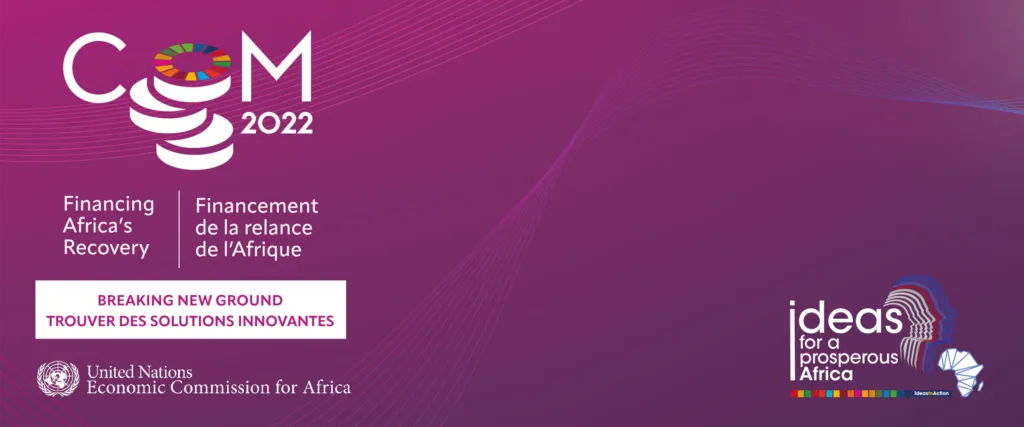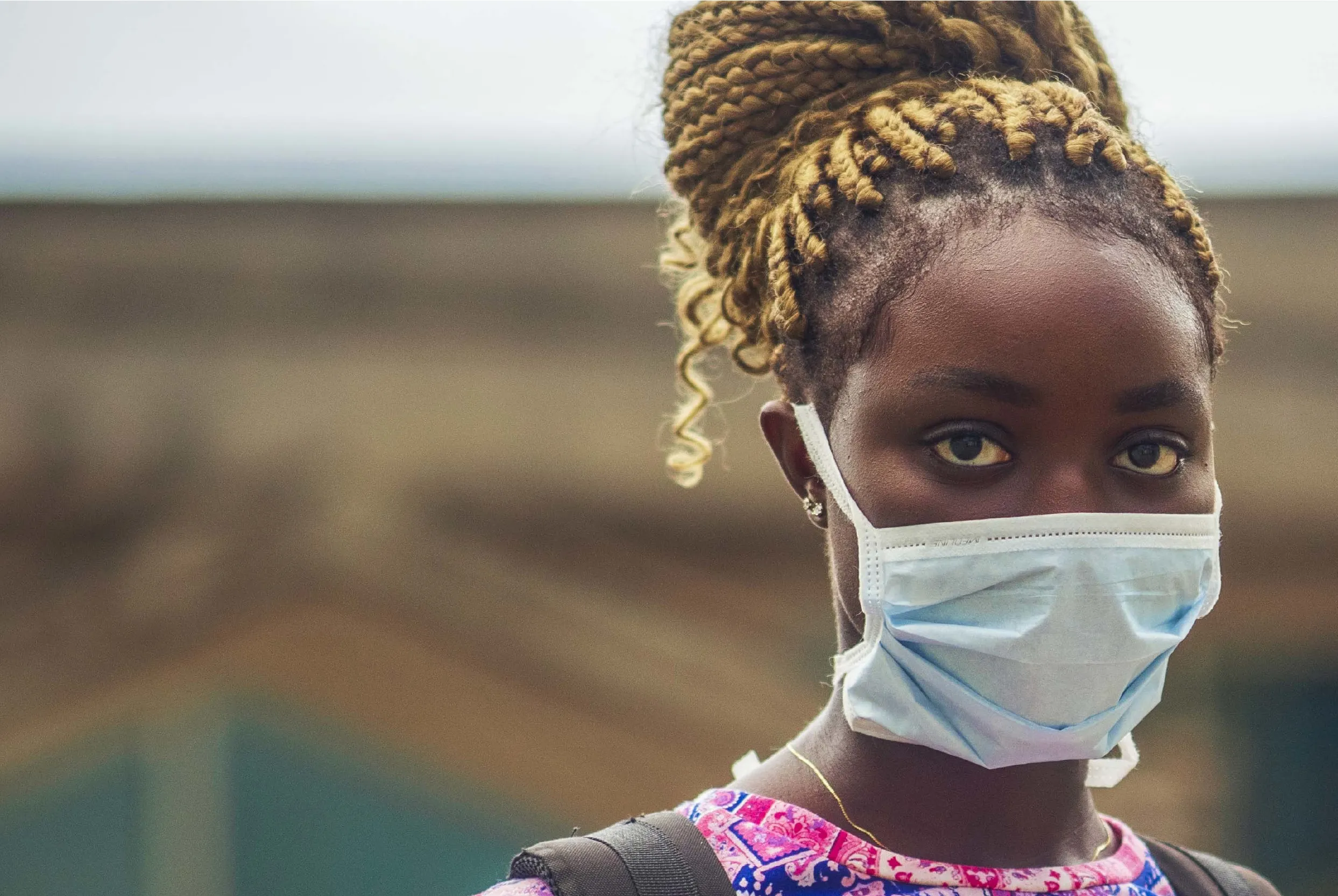Africa’s population of 1.4 billion people face a worrying set of economic and social trends as the dual shocks of Covid-19 and rising commodity prices drives up inflation, putting pressure on many citizens who were already struggling.
The ECA’s 2022 Economic Report on Africa found that Covid-19 caused job losses, reduced income and further limited households’ ability to manage risks.
“Households move into and out of poverty because of exogenous shocks like the Covid-19 pandemic and that their inability to manage uninsured risks only increases their vulnerability,” it continued.
The report found that private household spending remains the largest component of total health expenditure in Africa (at 36% in 2019, the most recent year with data), making it hard for low-income households to access and afford healthcare.
Beyond that, few informal workers have insurance, bearing the costs of Covid-19 testing and treatment themselves.
In Africa, social assistance covers only 7% of people identified as vulnerable. In 2020, an average of 3.6% of worldwide GDP was spent on non-health social protection. In Africa, the share was just 1.1%.
More than 80% of Africans work in the informal sector which was particularly affected by lockdowns.
Africa’s education system shows mixed results: solid gains in enrolment, from pre-school to tertiary levels, but still-weak inclusive access and learning outcomes.
The continent continues to suffer from wide country differences in access to secondary school.
For example, 80% of students in Botswana, Cabo Verde and South Africa attended secondary school in 2018 compared with 20% in the Central African Republic, Chad and Niger. Gender gaps have also widened.

Want to continue reading? Subscribe today.
You've read all your free articles for this month! Subscribe now to enjoy full access to our content.
Digital Monthly
£8.00 / month
Receive full unlimited access to our articles, opinions, podcasts and more.
Digital Yearly
£70.00 / year
Our best value offer - save £26 and gain access to all of our digital content for an entire year!
 Sign in with Google
Sign in with Google 



